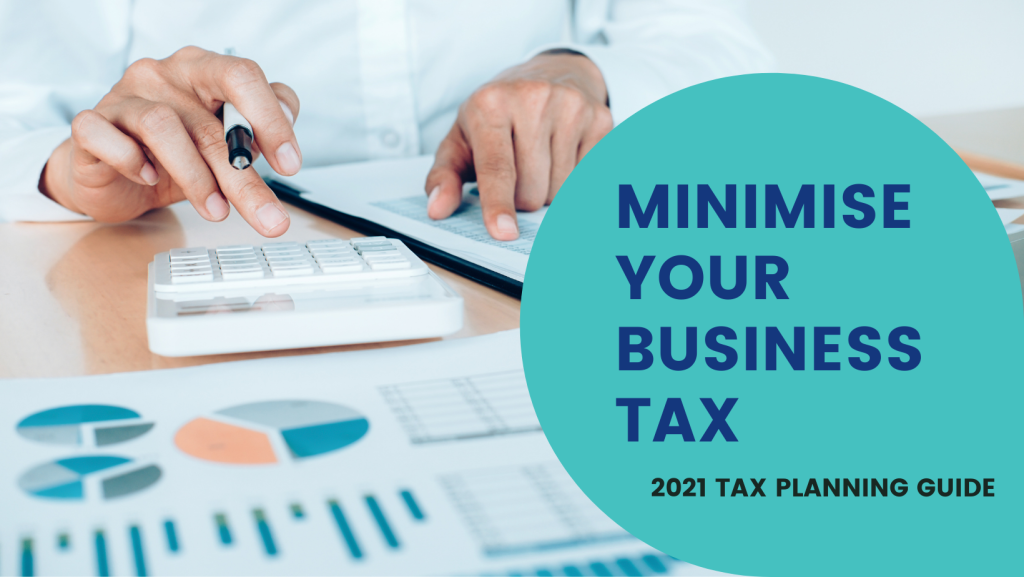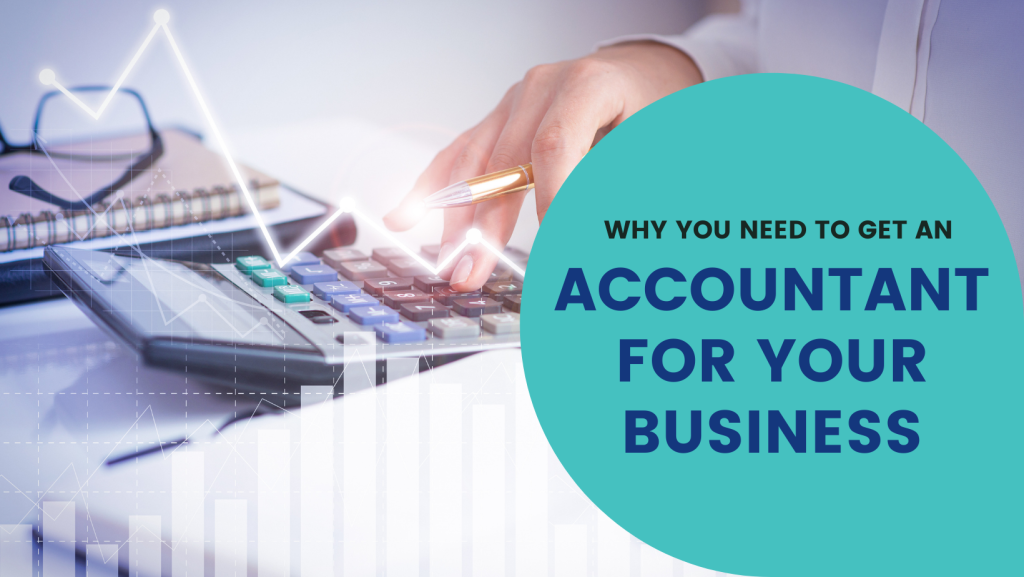3 Proven Ways to Reduce Taxable Income for Australians
Are you an Australian looking for ways to reduce taxable income? Then you’ve come to the right place! In this blog, we’ll share three proven strategies for lowering your tax bill and maximizing your take-home pay. By implementing these tips, you can keep more of your hard-earned money in your pocket, and reduce your taxable income in the process. From taking advantage of deductions to making strategic investments, there are many ways to minimize your tax burden.
So, let’s get started and explore the three proven ways to reduce taxable income for Australians.
Minimising Your Tax Bill
You have to pay your taxes, and there’s no going around it—unless you want to face legal repercussions. But, just because you’re obligated to contribute to the government for the rest of your life doesn’t mean that there’s no way you can ease this heavy burden.
If you’re a high-income earner, implementing tax minimisation strategies would be a smart move to make! Tax avoidance and evasion are illegal, but the law has nothing against minimising tax bills—effective tax planning with a skilled and experienced business accountant will leave you with more money in your pocket than expected.
Here are some ways you can reduce your taxable income in Australia:1. Maximise Allowable Tax Deductions
Are you familiar with the tax deductions you qualify for? Before you employ other tax minimisation strategies, the first thing to do is to figure out where you’re allowed to claim deductions.
Income protection insurance is another significant tax-deductible expense, which can help protect your assets and lifestyle, should you become unable to work for a while.
2. Make a Personal Contribution
Besides work-related expenses, voluntary superannuation contributions are allowable tax deductions that can be a long-term wealth strategy, as you’ll be able to claim up to $27,500 as a tax deduction each year as of 1 July 2021.
Making a personal contribution to your superannuation fund each year could qualify you to claim a deduction for tax contribution. However, keep in mind that you won’t be able to claim a deduction for super contributions your employer pays directly to your super fund.
Your income must be generated from the following, so you’d be able to claim a deduction:
-
-
- Personal business;
- Investments;
- Foreign source;
- Salary and wages;
- Trust distributions; or
- Government pensions or allowances.
-
3. Purchase Assets in Your Partner’s Name
You can also minimise your tax bill by buying assets this way, if your partner’s marginal tax rate is lower than yours. Through this strategy, the net income from the investment will be taxed at a lower tax rate.
For higher-income earners, the ownership of assets which are negatively geared is more tax effective, as they’ll be able to use the investment loss to reduce their taxable income.
Conclusion
Although you have to pay your taxes, you don’t have to give so much of your hard-earned income away. As long as you work with a skilled accountant near you to employ a few tax minimisation schemes, you can dramatically reduce your taxable income and, as a result, have more to spend on things that matter to you!
Do you want to reduce your taxable income but don’t know where to start? Then, leave the job to the team of one of the best accounting firms in Sunshine Coast, Wardle Partners! We make all business accounting, tax, self-managed superannuation fund and bookkeeping matters easy while ensuring we get the best possible outcome for our clients. Connect with us to learn more!




